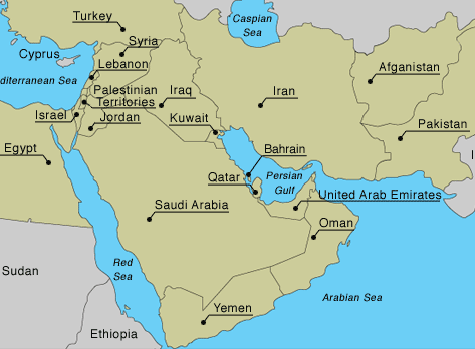Or, Indirect Observation of Undirected Mentation
Volume 4, Issue 31
The creative process goes through four stages: absorbing information, turning away, the Aha! Moment, and implementation.
A third of a second before the Aha! Moment — a type of Flow state experience — Daniel Goleman explains that there is a burst of gamma activity, signifying the rapid creation of a new network of neural connections, in the neocortical right temporal cortex of the brain.

The Aha! Moment (image courtesy of DailyMail.com)
In our present culture in which multiple jobs are held by most persons just to keep up with their Jones, and in which Acceleritis™ necessitates massive multitasking, the creative process tends to become truncated into a two-step process of absorbing information (never enough), and implementation. In other words, no Aha! Moment.
The absorbing of information part was easier before the Internet. One saw the logic of not going too far, because it would cost too much time. Now one can keep drilling down further and further without an apparent end in sight.
Finding information however continues to be the major complaint of executives and their teams. You know you have it somewhere and you can go searching for it but it is so boring and annoying given the time pressure. Give me a dashboard where I don’t even have to remember what it is called and yet can still find it in a second. Until then, just send that thing to me again.
When you break down how much time goes into the absorption (including searching) and other aspects of the process, the two middle stages — turning away, then the Aha! Moment — take almost no time compared with absorbing and implementing. And yet those two middle processes account for the quality of the outcome or creative result. With only the bookends and no middle the result may be passable but it does not rock. Are we here just to do stuff that’s passable, without the satisfaction of Flow state-level outcomes? No way — makes no sense. Life is about living large, not just robotically coping.
And all you have to do is have more fun! Goof off. Take a break, a mini-vacation at the right moments in your creative process, and the Aha! reveals itself.
However, this only occurs if your mind is in a certain state receptive to the sense of Aha!. That state can be described as the indirect observation of undirected mentation. Let’s break it down.
Undirected mentation is when you let your mind go wherever it wants.
Indirect observation is (by my definition) the alert watching of something as if seeing it for the first time.
So you receive Aha! to the degree to which your mind can do whatever it wants to do with no pressure to perform or achieve anything. Meanwhile a very alert part of you is watching your own mind, as if from outside.
When you do this, the tendency is for that Observer state part of yourself to go to sleep. That is, your point of view tends to get reabsorbed into the part of the mind that is just playing and you forget to look at it from the detached Observer point of view. You get caught up in some attachment motivation, some feeling/emotion, which identifies you with the relaxing, playing, wandering mind. This may feel wonderful; however, it doesn’t help you if the objective is Observer and then Flow states. “Identification with” leaves the attachment turned on. “Detachment from” is the goal.
Remain the scientist, the objective observer when goofing off, and the Aha! will come more often.
Best to all,
Bill
Follow my regular media blog contribution, “In Terms of ROI“ at MediaVillage.com under MediaBizBloggers .


